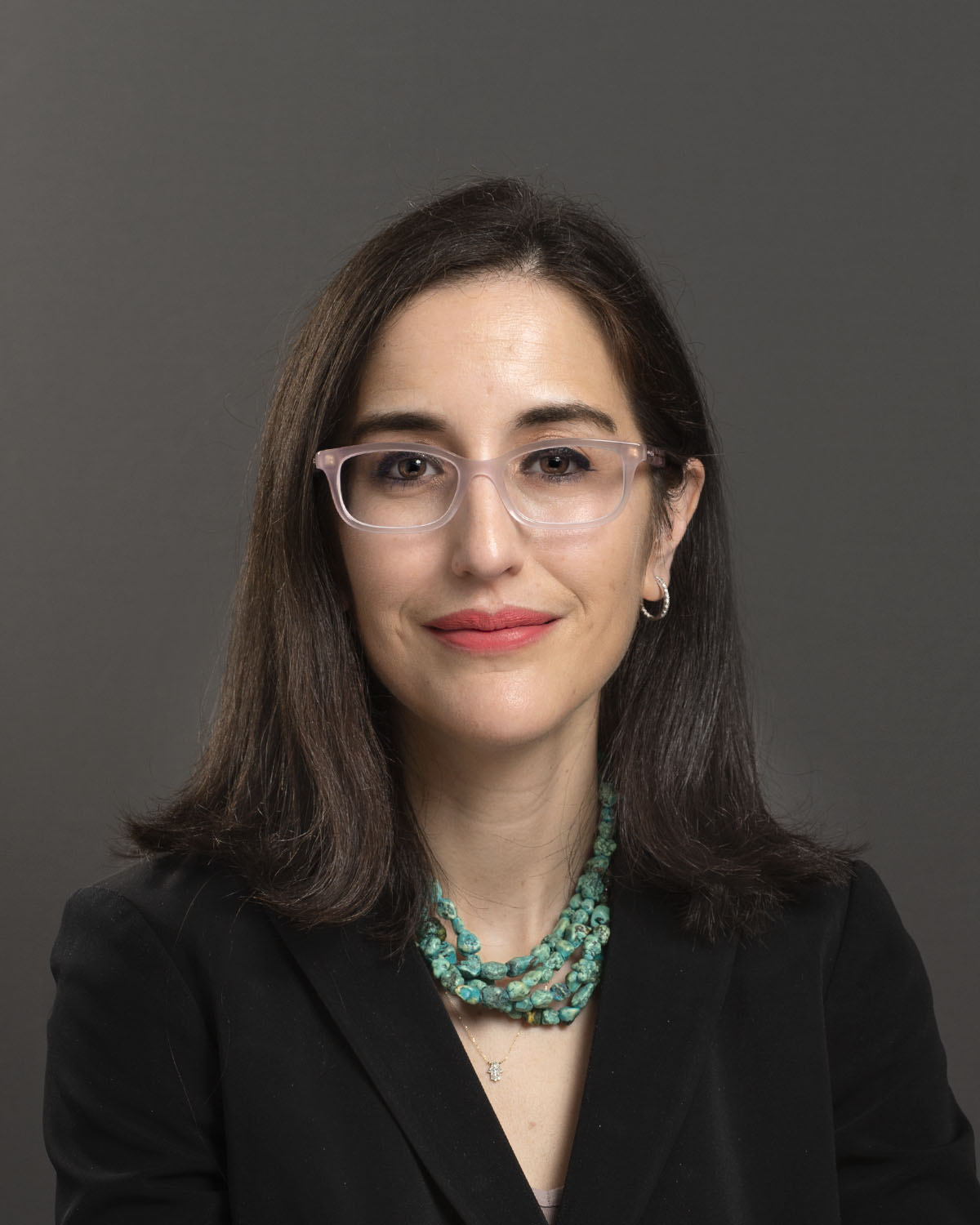- About
- Message from the Chair
- History
- Facilities
- News
- Events
- Info Sci Colloquium
- Advancing Responsible AI with Human-Centered Evaluation
- Bowers Distinguished Speaker Series - Julie E. Cohen, Georgetown University Law Center
- From Agents to Optimization: User Interface Understanding and Generation
- The Language of Creation: How Generative AI Challenges Intuitions—and Offers New Possibilities
- IS Engaged
- Graduation Info
- Info Sci Colloquium
- Contact Us
- Courses
- Research
- Computational Social Science
- Critical Data Studies
- Data Science
- Economics and Information
- Education Technology
- Ethics, Law and Policy
- Human-Computer Interaction
- Human-Robot Interaction
- Incentives and Computation
- Infrastructure Studies
- Interface Design and Ubiquitous Computing
- Natural Language Processing
- Network Science
- Social Computing and Computer-supported Cooperative Work
- Technology and Equity
- People
- Career
- Undergraduate
- Info Sci Majors
- BA - Information Science (College of Arts & Sciences)
- BS - Information Science (CALS)
- BS - Information Science, Systems, and Technology
- Studying Abroad
- MPS Early Credit Option
- Independent Research
- CPT Procedures
- Student Associations
- Undergraduate Minor in Info Sci
- Our Students and Alumni
- Graduation Info
- Contact Us
- Info Sci Majors
- Masters
- PHD
- Prospective PhD Students
- Admissions
- Degree Requirements and Curriculum
- Grad Student Orgs
- For Current PhDs
- Diversity and Inclusion
- Our Students and Alumni
- Graduation Info
- Program Contacts and Student Advising
Rachel Slama is the Associate Director of the Future of Learning Lab under Associate Professor Rene Kizilcec in the Ann S. Bowers College of Computing and Information Science at Cornell University. Slama’s research focuses on the role of technology in accelerating learning in the rapidly changing world of education and training. She also serves as the co-principal investigator of the National Tutoring Observatory—a partnership led by Cornell, several universities, edtech companies, and school districts to create a large language model (LLM) of tutor-student dialogue and more intelligent human and AI tutors.
Slama’s prior roles include the Director of the Labor and Workforce Development portfolio at RAND where she led the AI and workforce program; a rotator program director at the National Science Foundation in the Technology, Innovation, Innovation, and Partnerships directorate; Associate Director of the MIT Teaching Systems Lab (under Justin Reich); and a senior researcher at the American Institutes for Research. Slama received her doctorate in Education Policy, Leadership, and Instructional Practice from Harvard University where she was an Ambach Fellow-- an opportunity designed to promote innovation in state education agencies.
Based in Boston, Slama was recently appointed to the Massachusetts Task Force on Education and Training for Workforce Development as part of Governor Healey’s new AI Hub.



